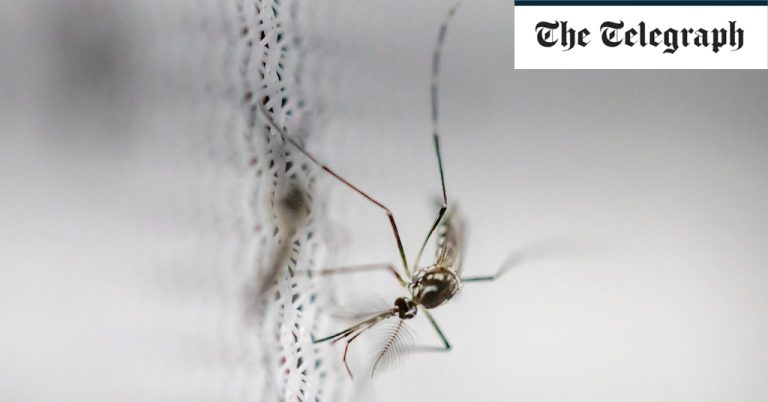Reported cases are close to two million so far this year, making it the seventh worst outbreak since 2000, according data from the PAHO.
In the first two months of this year alone, Peru was forced to declare a health emergency across much of the country, Paraguay registered more than five times the typical number of suspected cases for the period (almost 100,000), and vast swarms of mosquitoes coursed through Argentina.
But it is Brazil which is currently being hit hardest, with South America’s largest nation already reporting 1.5 million cases since January.
The region looks set to surpass the record-breaking epidemic in 2023 – when 4.5 million cases were reported and hospitals were overrun – with epidemiologists expecting the number of dengue cases to more than double the previous record.
Dr Julio Henrique Rosa Croda, doctor and associate professor at the UFMS School of Medicine and Yale School of Public Health, said that some hospitals, mainly based in the capital, are already becoming “overwhelmed.”
“The patients in places like Brasilia are suffering, they wait for six hours to be attended to in the capital of the country and we haven’t even reached the peak of the disease,” said Dr Croda.
Prof Ribas Freitas is concerned that the nation’s response is disjointed between federal, state and local authorities, while health officials have left it too late to stem the spread of the Aedes aegypti mosquito, which carries the disease and thrives in cities.
“The control of mosquitoes right now is not too efficient, because they are flying with the virus. The mosquito control is more efficient when you do it before [they hatch], in November, December – to avoid an epidemic even starting.”
